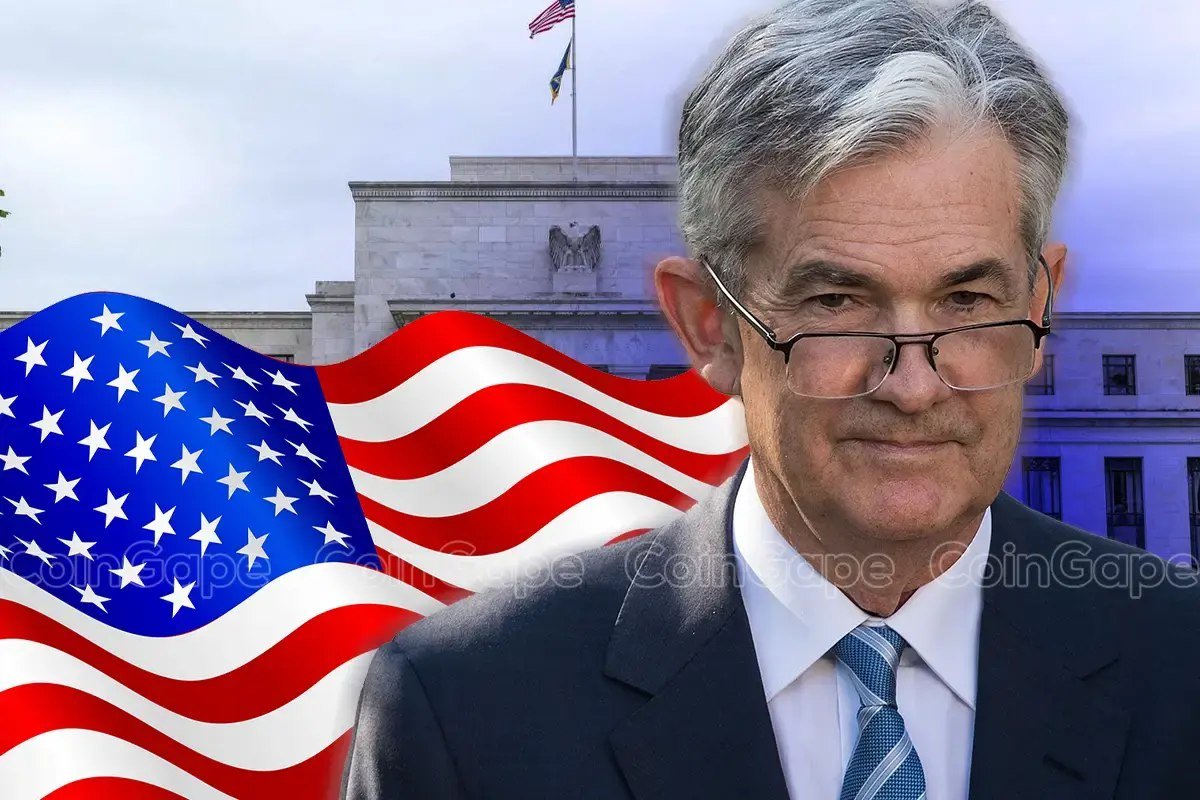In a massive development for the crypto industry, the Federal Reserve has announced that it will be dropping a program that solely focused on crypto banking during the ‘Operation Chokepoint’ era. This follows Donald Trump’s signing of an executive order to end unfair banking practices.
Federal Reserve Ends Monitoring Program Against Crypto Banking
In a press release, the U.S. Central Bank announced that it will sunset its novel activities supervision program and return to monitoring banks’ novel activities through the normal supervisory process.
The Federal Reserve noted that since the Board started its program to supervise certain crypto and fintech activities in banks, the Board has strengthened its understanding of these activities, the risks, and bank risk management practices. With this, the Board will move to integrate that knowledge and the supervision of crypto activities into the standard supervisory process.
Furthermore, the Board will rescind its 2023 supervisory letter that created the program in the first place. This initiative is believed to be one of the ways that the regulator enforced ‘Operation Chokepoint’ under the Biden administration.
This move follows Trump’s signing of an executive order that ended unfair banking practices based on sentimental grounds, such as religion, political, or other ideologies. The order had also cited Operation Chokepoint and how the Federal Reserve coerced banks that it regulates to cut ties with crypto firms and entities.
The executive order had mandated banking regulators to end any guidance that they had instituted to carry out these targeted attacks against firms and individuals. Meanwhile, it is worth mentioning that this isn’t the first guidance that the regulator is releasing on crypto banking.
Last month, the Federal Reserve, alongside other banking regulators, confirmed that banks could custody crypto assets. They stated that the same rules that apply to custody of other assets will apply to crypto custody practices.
Investment disclaimer: The content reflects the author’s personal views and current market conditions. Please conduct your own research before investing in cryptocurrencies, as neither the author nor the publication is responsible for any financial losses.
Ad Disclosure: This site may feature sponsored content and affiliate links. All advertisements are clearly labeled, and ad partners have no influence over our editorial content.



✓ Share: